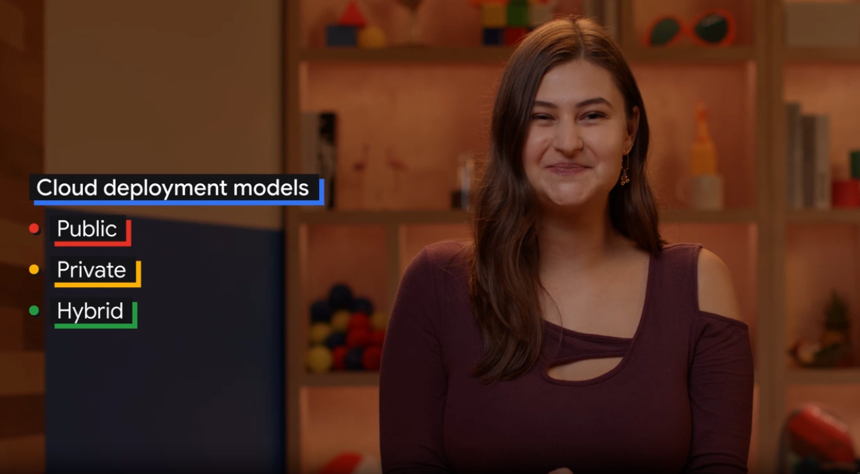I’m four days into the Coursera Google Cloud Cybersecurity Professional Certificate program and would like to share my initial impressions based on what I’ve covered so far. There’s always a good chance some of these impressions may evolve as I progress deeper into the program, so I’ll be posting follow up blog posts as I continue. The goal of this series of posts is to give you hints on what to expect if you decide to take the program yourself.
What is the Coursera Google Cloud Cybersecurity Professional Certificate?
For those who have just heard about this program, the Google Cybersecurity Professional Certificate is a Coursera product offered in partnership with Google. It’s targeted at learners seeking a beginner-level course in cloud security where they can also obtain a professional certificate.
In this case, the certificate is issued by Google itself, so it’s coming from a widely recognized organization. While the course covers cloud security in general, many of the examples are based on security features found on the Google Cloud Platform (GCP).
How much time would the course take to complete?
Coursera reckons we should be able to complete the program in two months time if we dedicate 10 hours per week to it. I enrolled in the program on September 13 of this year, but started learning just five days ago. I skipped one day and allocated at least a couple of hours each day since then. So, far, I’m on track with the 2 month estimate.
However, if you don’t have anything else to do and just focus on this program every single day, you should be able to complete this in a couple of weeks.
Is the Google Cloud Cybersecurity Certificate really beginner-friendly?
Coursera classifies this program as “beginner level”, even stating that you don’t need any prior experience to take it. That’s one of the things I wanted to find out. I find it hard to imagine a cloud security certificate program that doesn’t require any prior experience.
I’m still in Course 1 of this 5-course series and, so far, I’m finding some of the key topics, i.e., about cloud and security, too superficial. I already have some basic understanding on cloud computing and a pretty good grasp of cybersecurity, having written and ghostwritten several articles about them. Thus, I know what foundational knowledge on these topics looks like. In my opinion, I think the program should go a little deeper into those two topics.

That being said, I still have a long way to go when it comes to really understanding cloud security, which is, of course, the primary focus of this program. I should be able to make a more accurate assessment whether a deeper discussion on cloud computing and cybersecurity is really necessary once I’ve gone through the rest of the courses.
If you have zero background on cybersecurity, I suggest you take Coursera’s Google Cybersecurity Professional Certificate first. Other beginner-level cybersecurity certificate programs on Coursera include:
- Microsoft Cybersecurity Analyst Professional Certificate
- IBM Cybersecurity Analyst Professional Certificate
- IBM and ISC2 Cybersecurity Specialist Professional Certificate
For an overview of those courses, read the blog post “4 Coursera Cybersecurity Courses with Professional Certs for Beginners“.
What makes the Google Cloud Cybersecurity Certificate stand out?
Well, for one, it’s the only beginner-level cloud security offering on Coursera. The other offering is “Preparing for Google Cloud Certification: Cloud Security Engineer”, but that one’s classified as intermediate-level. There are currently no other Coursera offerings on cloud security aside from these two. So, since I’m still a complete noob in this field, I really didn’t have any other choice.
I’m actually more familiar with the Amazon Web Services (AWS) platform, so I tried searching for a similar offering from AWS since AWS also offers a couple of cloud computing-related professional certificate programs on Coursera. Unfortunately, they don’t have one on cloud security yet.
Alright, that’s all for now. Time to continue learning. Stay tuned for my next post.